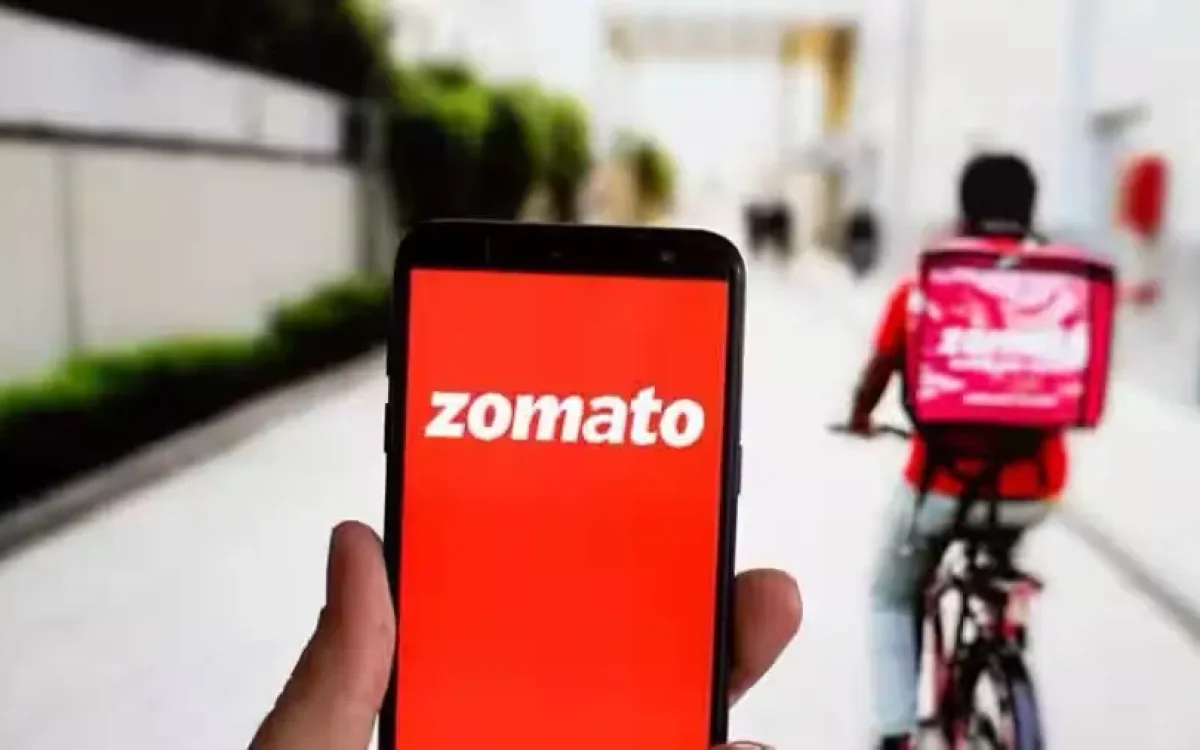In a recent development that has stirred controversy, a customer of Indian food delivery giant Zomato was left astonished after receiving a ‘fresh and hot’ meal delivered to him within an improbable 30-minute timeframe, all the way from a city located 500 kilometers away.
Sourav Mall, a 24-year-old Zomato patron from Gurugram, ordered food from Lucknow, Uttar Pradesh, utilizing Zomato’s ‘Legends’ policy, which promises swift delivery from iconic restaurants in distant cities. However, the seemingly miraculous delivery left Mall questioning the authenticity of Zomato’s claims.
Mall’s skepticism prompted him to take legal action, with him approaching a local court in Delhi to demand a ban on Zomato’s ‘Legends’ policy, alleging deceptive practices. The court has issued a summons to Zomato in response to Mall’s petition.
According to Mall’s advocates, the food was not actually transported from the specified city but was stored at various Zomato warehouses. Additionally, Mall’s subsequent orders from restaurants located at least 30 kilometers away were also delivered within the promised 30-minute timeframe, raising further doubts about Zomato’s operational practices.
Zomato’s claims of “freshly prepared” meals using advanced refrigeration technology and the absence of preservatives have come under scrutiny, with Mall and his advocates challenging the veracity of these assertions.
The ‘Legends’ policy, introduced in 2022, was initially intended to enable users to order food from renowned restaurants located in distant cities. However, Zomato’s partnership with commercial airlines and logistics firms like Shadowfax was expected to ensure deliveries within 24 hours of placing an order, contrary to Mall’s experiences.
As this controversy unfolds, questions surrounding Zomato’s delivery practices and adherence to quality standards continue to surface, underscoring the importance of transparency and accountability in the food delivery industry. The outcome of Mall’s legal challenge against Zomato’s ‘Legends’ policy remains to be seen, but it highlights the need for consumers to remain vigilant and informed about the services they utilize.









